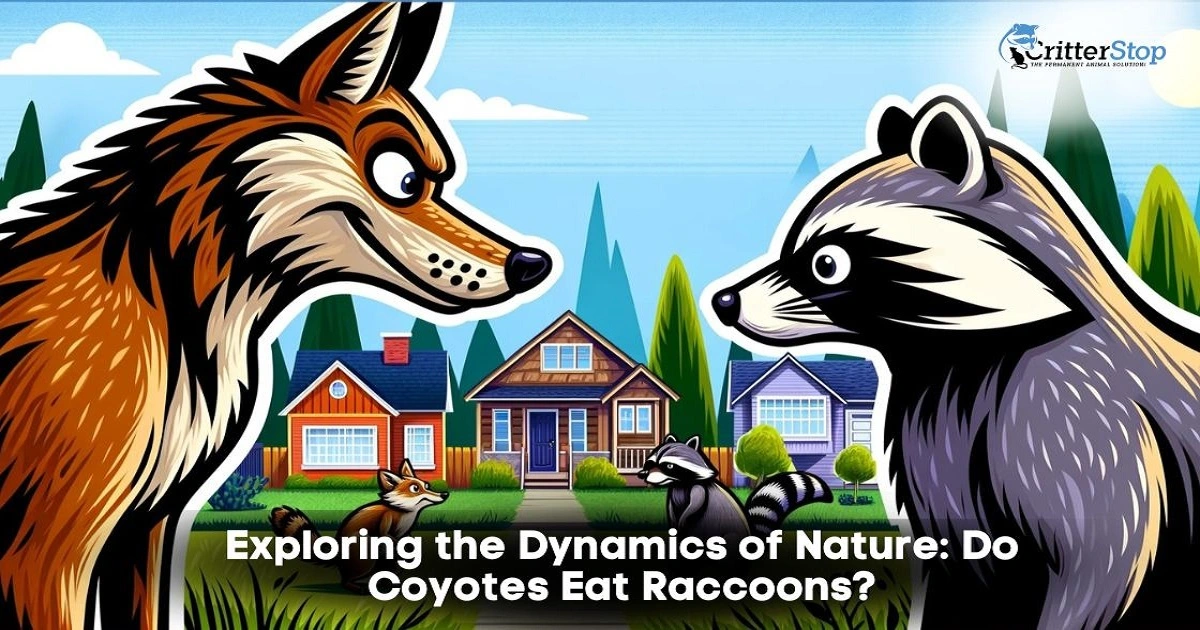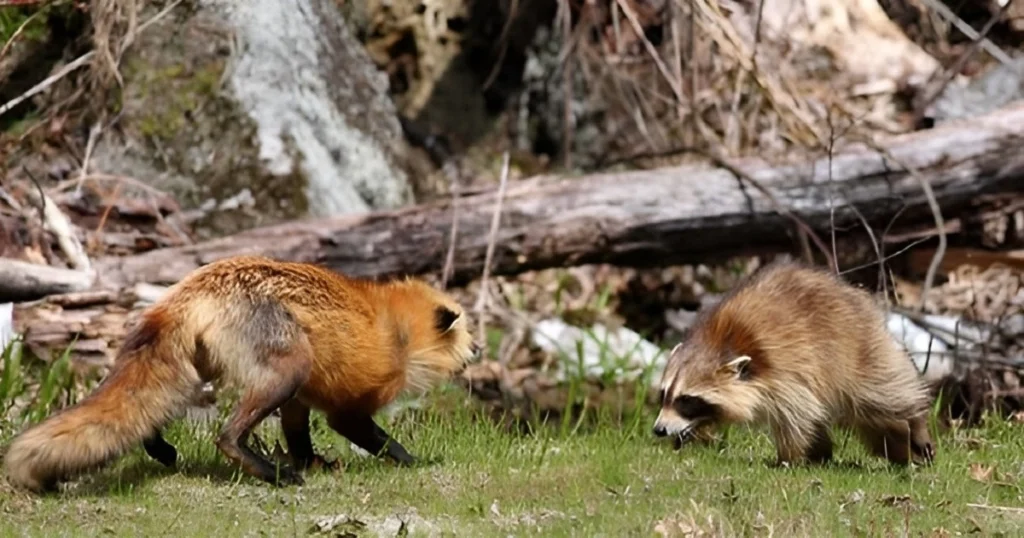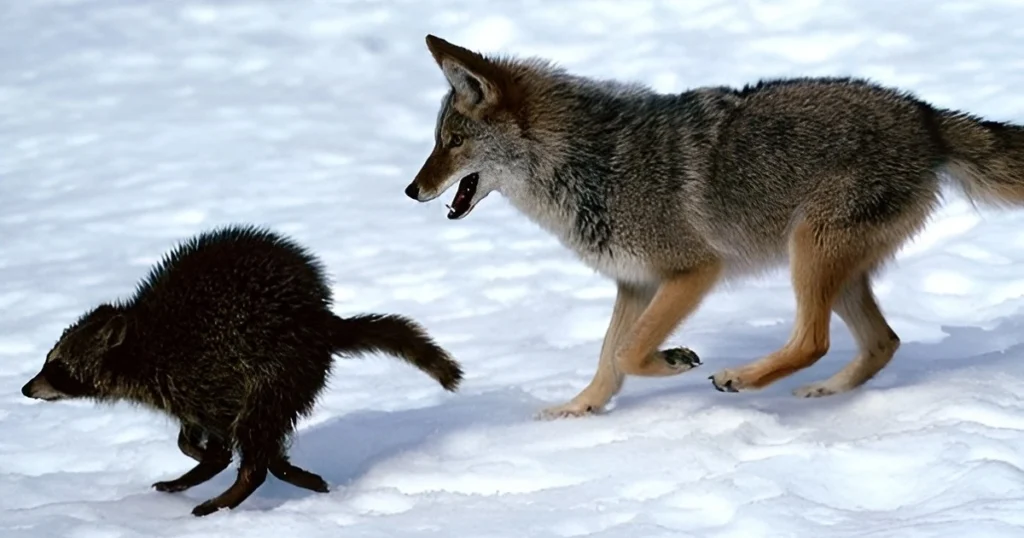
In the vast expanse of the natural world, where predator and prey engage in a perpetual dance of survival, the relationship between coyotes and raccoons stands as a testament to the intricate balance of nature. As we delve into the question, "do coyotes eat raccoons?" it becomes imperative to explore these two charismatic species' behaviors, interactions, and ecological significance.
Coyotes (Canis latrans) are formidable canids renowned for their adaptability and intelligence. Native to North America, these predators occupy diverse habitats, ranging from deserts to forests.
With a diet encompassing small mammals, birds, fruits, and carrion, it’s fair to ask: do coyotes kill raccoons? Coyotes are opportunistic hunters capable of thriving in various environments. Critter Stop, a professional humane wildlife removal company, offers insight into coyote behavior and their raccoon interactions.
Critter Stop emphasizes understanding coyote behavior when addressing wildlife management concerns.

Raccoons (Procyon lotor) are iconic mammals known for their distinctive facial markings and dexterous paws. With a varied diet that includes fruits, nuts, insects, small mammals, and even human refuse, raccoons are highly adaptable creatures capable of thriving in rural and urban environments. Critter Stop acknowledges raccoons' resourcefulness and ability to exploit diverse food sources.
In the wild, the paths of coyotes and raccoons may intersect, leading to potential encounters between these species. While coyotes primarily target small mammals for food, raccoons may fall within their prey spectrum, particularly in regions where their territories overlap. Critter Stop advises property owners to be aware of potential wildlife conflicts and guides humane wildlife removal techniques.
Effective wildlife management strategies are essential for mitigating conflicts between coyotes, raccoons, and humans. Non-lethal methods such as habitat modification, deterrents, and exclusion techniques can help minimize encounters and reduce the likelihood of predation on domestic animals. Critter Stop emphasizes the importance of proactive measures to promote coexistence between humans and wildlife.

Advancing scientific research and conservation efforts is crucial for safeguarding coyotes, raccoons, and their habitats. By supporting initiatives focused on habitat restoration, population monitoring, and public outreach, communities can contribute to preserving biodiversity and the sustainable coexistence of wildlife species. Critter Stop encourages individuals to participate in wildlife conservation efforts and provides resources for responsible wildlife management.
In the intricate tapestry of wildlife ecology, the relationship between coyotes and raccoons offers insights into the complexities of predator-prey dynamics. As stewards of the natural world, it is our collective responsibility to observe, understand, and respect the interconnectedness of all living beings. By embracing diversity in nature and fostering a culture of coexistence, we can ensure a future where coyotes, raccoons, and humans thrive harmoniously.
Let's address some common questions surrounding the interactions between these two species, particularly the question of "Do coyotes eat raccoons?"
Yes, coyotes are opportunistic predators known to hunt various prey, including raccoons. In North Texas, where both species coexist, it's not uncommon for coyotes to target raccoons as part of their diet. Coyotes have versatile feeding habits and will prey on smaller mammals like raccoons when the opportunity arises.
Yes, coyotes eat raccoons if given the chance. Coyotes are omnivores with a diverse diet that includes small mammals, birds, insects, and fruits. Raccoons are within the size range of prey that coyotes can hunt and consume. In areas where coyotes and raccoons share habitat, it's natural for coyotes to include raccoons in their diet.
Yes, coyotes are known to attack and prey upon raccoons. While coyotes typically avoid direct confrontation with larger or more formidable prey, they are skilled hunters capable of taking down animals larger than themselves. Coyotes and raccoons are not exactly sowrn enemies, but raccoons are within the size range of prey that coyotes commonly target, especially in areas where both species overlap in their habitats. Therefore, it's not uncommon for coyotes to attack raccoons as part of their hunting behavior.
Visit our Critter Library and learn more about our furry friends